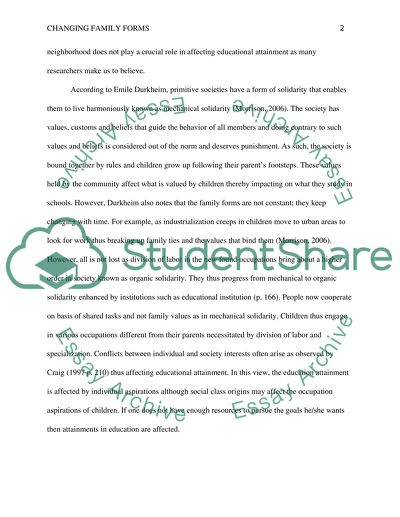Cite this document
(“Relationship between Social Class Origins and Educational Attainment Essay”, n.d.)
Retrieved from https://studentshare.org/sociology/1479747-relationship-between-social-class-origins-and-educational-attainment
Retrieved from https://studentshare.org/sociology/1479747-relationship-between-social-class-origins-and-educational-attainment
(Relationship Between Social Class Origins and Educational Attainment Essay)
https://studentshare.org/sociology/1479747-relationship-between-social-class-origins-and-educational-attainment.
https://studentshare.org/sociology/1479747-relationship-between-social-class-origins-and-educational-attainment.
“Relationship Between Social Class Origins and Educational Attainment Essay”, n.d. https://studentshare.org/sociology/1479747-relationship-between-social-class-origins-and-educational-attainment.


